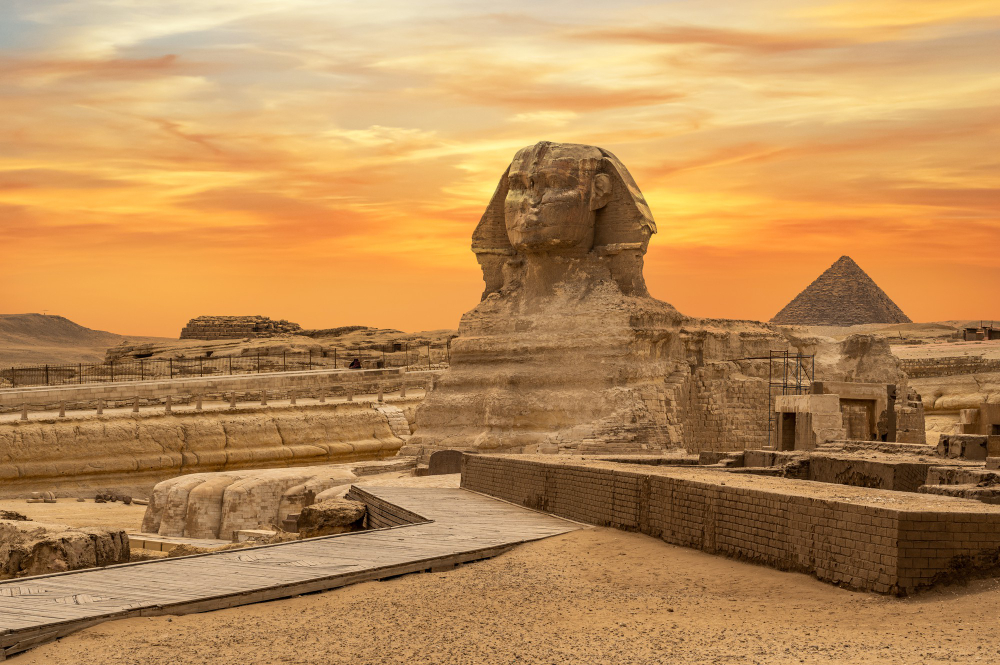
Egypt is steadily emerging as a notable hub for medical tourism, offering a unique blend of advanced medical care and rich cultural heritage. Strategically located at the crossroads of Africa, the Middle East, and Europe, Egypt draws patients from across the region and beyond. Its affordable healthcare costs, skilled medical professionals, and globally recognized historic appeal make it an attractive alternative to more expensive Western countries.
Major Egyptian cities like Cairo, Alexandria, and Giza are home to a growing number of internationally accredited hospitals and clinics equipped with modern technologies. Egypt has long been known for its wellness traditions dating back to Pharaonic times, and today it combines that legacy with cutting-edge medicine across multiple specialties. The Egyptian government has actively promoted medical tourism through healthcare investment reforms and partnerships with the private sector, positioning the country as a cost-effective, high-quality medical destination.
Egypt is particularly strong in cosmetic and reconstructive surgery, dental procedures, and ophthalmology. Popular treatments include facelifts, liposuction, dental implants, LASIK, and cataract surgery. Egypt is also gaining recognition for its fertility clinics (including IVF), orthopedics (joint replacements and spine surgery), and internal medicine specialties such as hepatology and nephrology.
What differentiates Egypt is the affordability of treatments without sacrificing quality. Procedures in Egypt often cost 50–70% less than in the U.S. or Europe. Many physicians are dual-trained in Egypt and abroad, particularly in countries like Germany, the UK, and France, and speak fluent English. Medical facilities catering to international patients also frequently offer bundled packages, including accommodation, airport transfers, and touristic excursions, providing a holistic care experience.
Egypt is accessible through well-connected international airports in Cairo, Alexandria, Sharm El-Sheikh, and Hurghada, with many direct flights from Africa, Europe, and the Middle East. The country offers visa-free or e-visa access for several nationalities, making travel planning simple and convenient.
Upon arrival, many hospitals provide concierge-level services such as airport pickup, multilingual support, and medical translators. Most private medical centers have dedicated international patient coordinators to guide individuals through the treatment process. For patients with cultural or religious requirements, hospitals can accommodate halal dietary preferences, female medical staff for women, and prayer rooms.
Egypt’s natural beauty—ranging from the Nile River and Red Sea coast to desert oases and ancient temples—enhances the patient experience. Many medical travelers combine treatment with rest and recovery in therapeutic settings such as Ain Sokhna or the Siwa Oasis, known for their healing mineral springs and wellness resorts.
Egypt’s healthcare system is regulated by the Ministry of Health and Population (MOHP), which oversees licensing, hygiene protocols, and quality assurance in both public and private healthcare institutions. Several leading hospitals in Egypt are accredited by international bodies and follow global best practices in infection control, digital recordkeeping, and patient privacy.
Medical tourists benefit from follow-up programs, remote consultations, and post-operative care packages. Facilities offering surgeries or long-term treatments often provide rehabilitation services or partner with wellness resorts to ensure optimal recovery. Legal frameworks are in place for medical accountability, ensuring patients have recourse in the unlikely event of a dispute or malpractice.
Egypt offers an exceptional mix of affordability, medical expertise, and restorative travel experiences. Its strategic location, culturally attuned services, and modern healthcare infrastructure make it an increasingly attractive destination for patients seeking a cost-effective yet high-quality treatment abroad. Whether for a simple dental procedure or a complex medical surgery, Egypt delivers value, care, and an unforgettable healing journey.
1. Why choose Egypt for medical tourism?
Egypt offers affordable, high-quality medical care with modern facilities and skilled doctors.
2. What treatments are popular in Egypt?
Cosmetic surgery, dental care, eye treatments, IVF, and orthopedic surgery are top choices.
3. Are doctors in Egypt qualified?
Yes, many doctors are trained internationally and speak fluent English.
4. Is Egypt affordable for medical tourists?
Yes, treatments can cost 50–70% less than in the U.S. or Europe.
5. Are Egyptian hospitals safe?
Yes, many private hospitals follow strict international safety and hygiene standards.
6. What cities are best for treatment?
Cairo, Alexandria, and Giza have the most advanced medical facilities.
7. Do hospitals assist international patients?
Yes, most offer airport pickups, translators, and patient coordinators.
8. Can I combine treatment with tourism?
Absolutely. Many patients recover in places like the Red Sea or Siwa Oasis.
9. Is a visa required for Egypt?
Many nationalities can enter with an e-visa or visa-free for short stays.
10. What languages are spoken in hospitals?
Arabic is the main language, but English is widely spoken in private clinics.
11. Is post-treatment care available?
Yes, hospitals offer follow-up plans and virtual consultations.
12. Are religious or cultural needs respected?
Yes, halal food, female staff, and prayer rooms are available in many facilities.